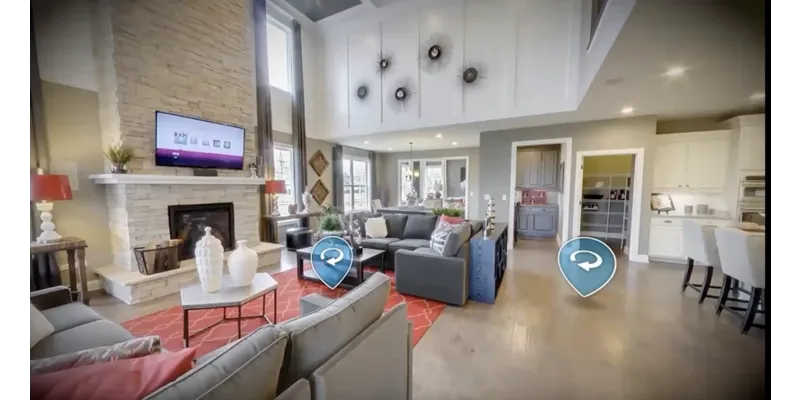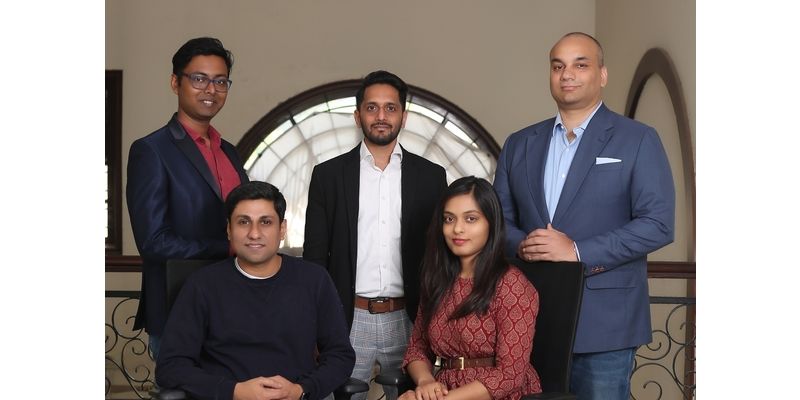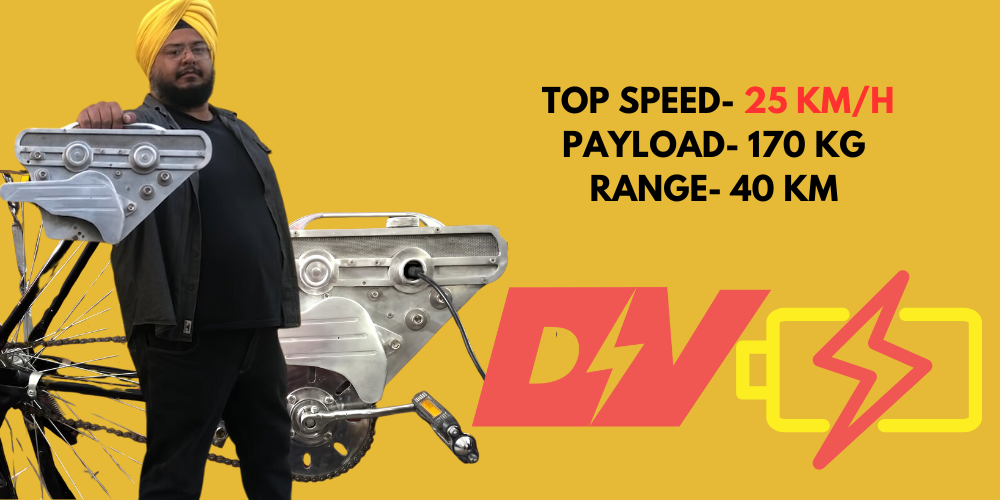How this augmented reality advertising startup is helping brands drive sales during COVID-19
An augmented reality platform, Avataar.me is helping brands offer immersive, 3D experiences to customers to drive more sales. In a world plagued by COVID-19, where staying home has become key to avoiding the virus, the AR platform is helping companies differentiate themselves.
, a Bengaluru-based augmented reality advertising platform, has seen a huge uptick in the number of projects since the coronavirus pandemic gripped the nation in March. The startup, which converts 2D visuals to 3D, photorealistic images to offer immersive experiences for online brands, is one of the many companies poised to benefit from an increase in ecommerce and online selling, especially as consumer preferences and habits change in the aftermath of COVID-19.
With a significant number of consumer purchases happening online, e-brands are fighting to grab eyeballs and clicks by employing innovative solutions such as involving influencers, organising social media giveaways, offering discounted shipping, as well as sending free product samples, among others, to drive sales.

Infographic: YS Design
But some businesses in sectors like automobiles, real-estate, large home appliances, furniture, and education do not market their products the way FMCG brands do, and that is where Avataar.me — founded in 2014 by Gaurav Baid, Sravanth Aluru, and Mayank Tiwari — steps in.
With 60 percent of human sensory perception being visual, Avataar.me finds support in its problem statement of creating immersive experiences that are as close to reality, and then converting that experience into a purchase decision - all this without the brand representatives or potential buyers ever leaving the comforts of their homes.
Over the last six months, due to social-distancing norms, limited out-of-home movements, and working and surfing online to avoid exposure to COVID-19, these immersive experiences come as a differentiated offering for brands that have somewhat limited means to grow outside of online platforms.
“COVID-19 is a tunnel where physical aspects of shopping or purchasing are muted, and that’s expected to continue for the next 14 to 18 months. However, digital upgrades are here to stay,” Gaurav Baid, Co-founder and COO of Avataar.Me tells YourStory.

Example of an Avataar.me-designed ad campaign. By clicking on the blue arrows, users can walk around and even interact with the objects around them, virtually.
Where the COVID-19-related demand is mostly coming from
With an increasing number of people working from home, large appliances and home furnishing companies have seen a boom in online sales – and this is expected to continue during the holiday shopping seasons.
Avataar.me solves the problem of discovery and enables purchase conversions by allowing users to digitally place the appliances or furniture they’re interested in into their environment, using their smartphones.
For instance, if a buyer wants to see how a couch would fit in with their home decor, or how a refrigerator would fit into a small space, they can turn on their rear cameras and point at the space. Avataar.me will render a 3D model of the product right into the buyer’s living room or kitchen, to scale, and even allow them to tap on the product to discover its internal features (eg refrigerator space or racks).
Edtech is another sector that has seen tremendous growth during the pandemic, and Avataar.me is helping these companies drive engagement by using virtual, 3D avatars and holograms of teachers in AR. Educational concepts can also be brought to life and made more realistic by using AR, Gaurav says.
There is also increased demand from consumer brands for experiences where a celebrity or an influencer hologram walks customers through a virtual store, educates them about the products available, and even connects them to real customer care representatives online who can answer questions.

A human hologram that takes users around a store, talks about products and answers questions
In such an environment, customers have the freedom to choose where they want to go, what they want to see, what level of interaction they want, etc.
“Essentially, with the power of the rear phone camera, the consumer becomes the protagonist for the brand. Consumers decide what they want to discover, and drive the narrative for the brand,” Gaurav says.
The startup has also seen growth in virtual product launches, events and conferences over the last six months, especially since large gatherings are being avoided to curb the transmission of the virus.
YourStory’s flagship event TechSparks is one such innovation-tech summit that will be held online this year, from October 26-30, 2020. A virtual, all-immersive event, the 11th edition of TechSparks is going to be larger, hosting speakers from around the world.
Avtaar.me’s social media partners include Facebook and Instagram, as well as ecommerce giant Amazon. It counts BMW, , , , Samsung, Volkswagen, Maruti Suzuki and Royal Enfield, among several others, as its clients.
The startup has raised $3 million in funding so far from angel investors in India and the US, including Prashanth Aluru, ex-partner at Kalaari Capital, ex-Deutsche Bank CEO for APAC Gunit Chadha, Keith Brodie, Sanjay Agarwal, Nikhilesh Ponde, as of December 2019.
Edited by Kanishk Singh














